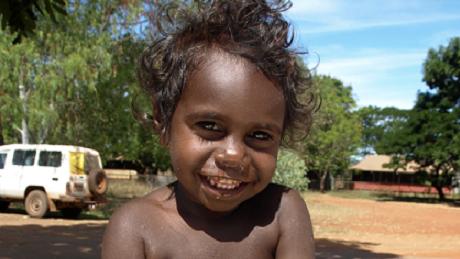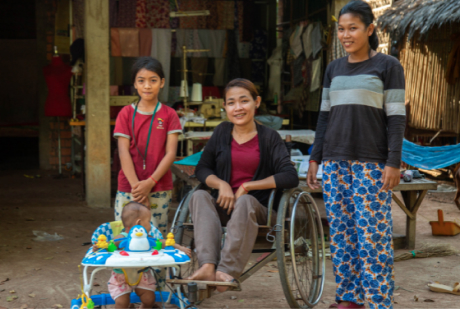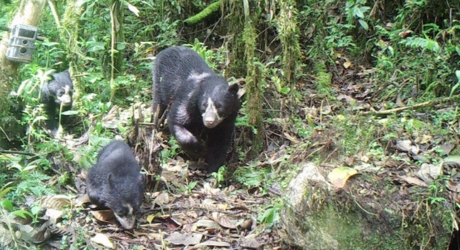Footprints Project
Since 2005, travelers like you have helped us change the world through micro-donations.

-
A total of
19255
Travelers
-
donated
$42803.71
(100% funded) -
to help improve
Health
-
in
Australia
The Fred Hollows “Sprinkles” program addresses the serious issue of early childhood anaemia by providing an easy to use dietary supplement that will significantly improve the health outcomes of Indigenous children.
The Footprints Network raised funds for this 3-year project from Nov 2011 to April 2012. This report looks over activities for 2012, the final year of the pilot program.
The overall objectives of the project were:
- To pilot a community nutrition program involving micronutrient fortification in remote Indigenous communities across northern Australia.
- To determine the feasibility and acceptability of the program to improve the nutrition and prevent iron-deficiency anaemia in Aboriginal infants and young children aged 6 – 24 months
Specifically for 2012, objectives were:
- Ensuring supplements are distributed and used across the seven Indigenous communities
- Implementing nutrition education programs for family and community
- Collecting comprehensive information for evaluation about the effect of the project on childhood anaemia and nutrition in enrolled communities and the feasibility of implementing the program more broadly
- Providing on-going training and employment to Indigenous community based workers (CBW)
Number of participants
- A total of 270 Indigenous babies aged 6-24 months from seven communities in the Northern Territory, North Queens-land and East Kimberley were enrolled into the project.
- The reach goes beyond these children, as carers involved in the project will be able to use their knowledge and skills with other children in their care.
- 18 Indigenous community based workers (CBW) were employed during 2012. In addition to The Foundation’s Program Officer, a project officer was employed in WA and Queensland and a Community Based Worker Coordinator/Team Leader in NT.
- CBW continued to distribute ‘Sprinkles’ and enrolled new participants until May 2012.

Photo: A Community Based Worker holding a box of Sprinkles for distribution to mothers.
Highlights/milestones
- The project has empowered local Indigenous women by giving them employment and training opportunities
- Publication of the first edition of the Talking about Feeding Babies and Little Kids Counselling Course.
- Two successful workshops held with community based workers (CBW) to develop qualitative evaluation skills.
- A range of community based activities have been held by the CBW with support from health promotion officers and nutritionists. These include group education activities as well as individual education and counselling about feeding babies.
- In March 2012, the CBW held an activity at 6 Mile clinic jointly with the Trachoma Prevention team. Mothers and carers were invited to the clinic to participate in activities about appropriate types of food to feed babies at different ages, iron rich foods and share in a healthy morning tea. At the same meeting, the Trachoma team also provided information about face and hand washing to prevent trachoma transmission.
- At Borroloola, the CBW worked with the nutritionist and health promotion officer to run a “Mums and Bubs” cooking activity and education session about iron rich foods.
- CBWs have continued to design their own resource materials to use for education and promotion with mothers, families and communities during the year.
Challenges:
- The major challenge in 2012 has been the timing of the evaluation. Evaluation has been delayed due to availability of research expertise and logistics of planning Indigenous community based workers (CBW) training workshops with participants from multiple, remote jurisdictions.
- The CBWs continued to have challenges locally with access to appropriate workspace and transport to do their work.
- CBWs also recorded any difficulties they had distributing the ‘Sprinkles’, for example families away from the community. These records are being used to determine adherence to ‘Sprinkles’ and the barriers and enablers to their use.
What next for this project?
- The focus until early April 2013 is to complete the evaluation, seek community feedback about the results and finalise recommendations for the next phase in implementation.
- Over the next 12 months further work will be undertaken with Menzies School of Health Research to establish a sustainable approach to the delivery of the Talking about Feeding Babies and Little Kids Counselling Course.
Traveling soon? When you buy travel insurance with us, you can make a contribution towards a cause you care about.
Get a quote






